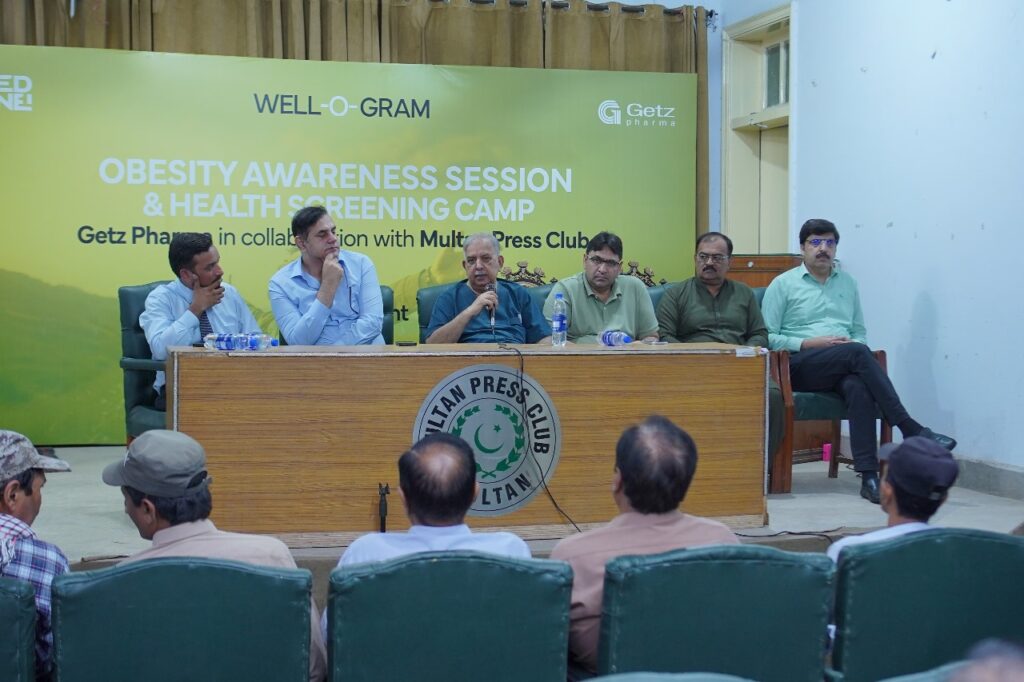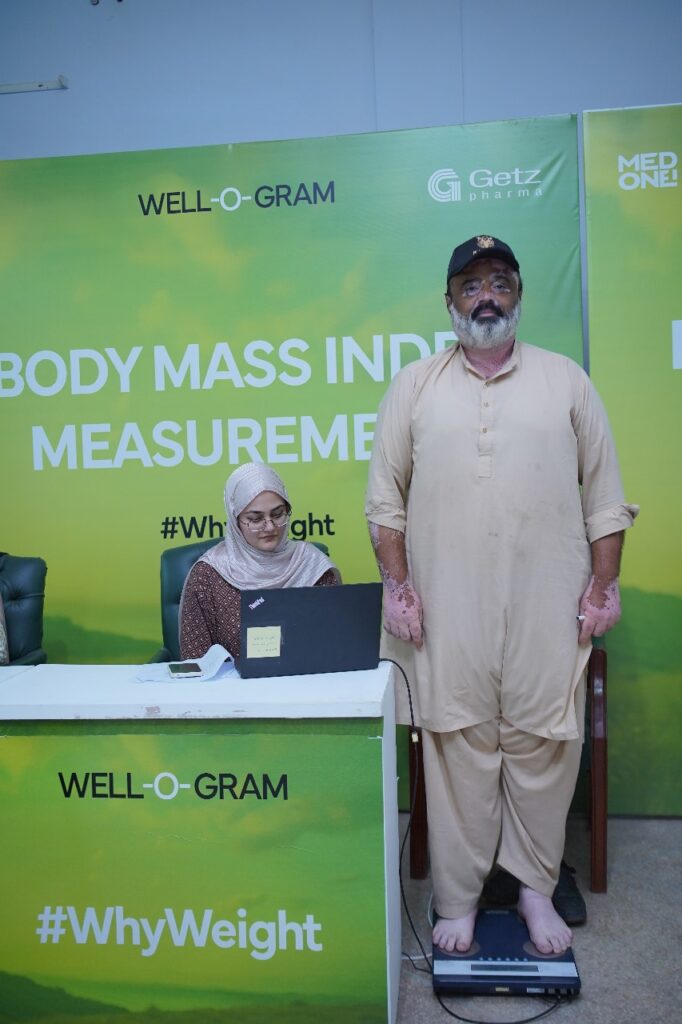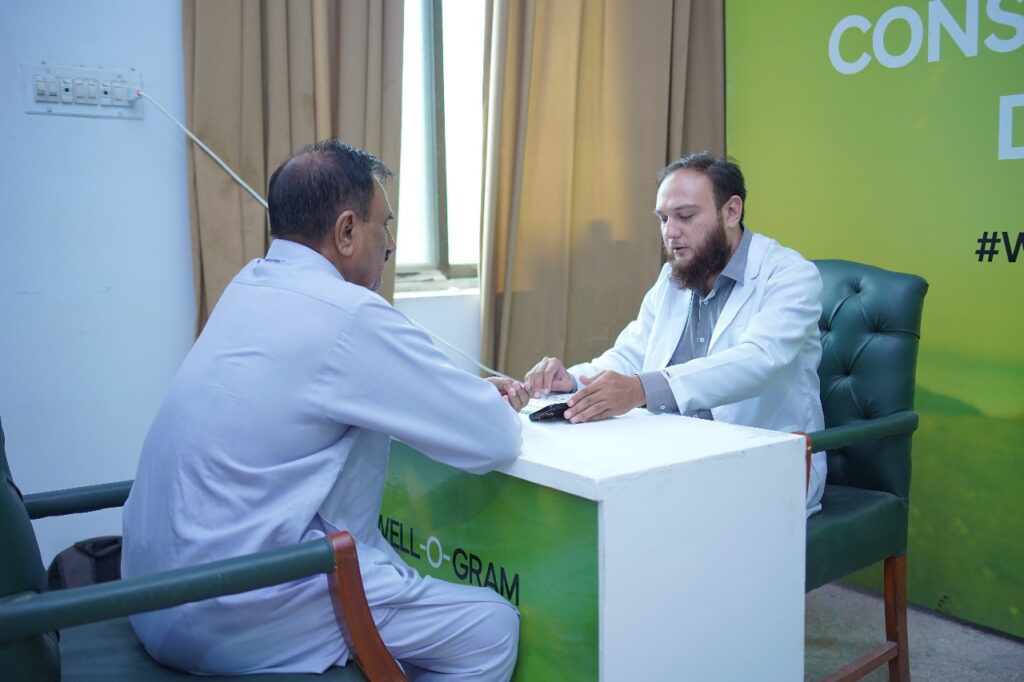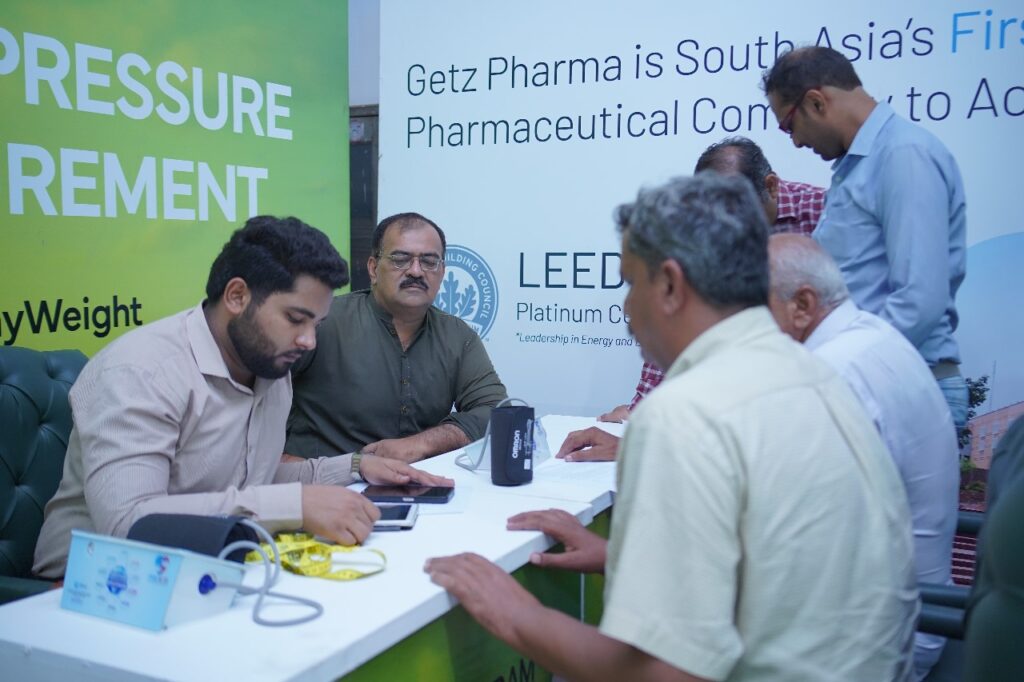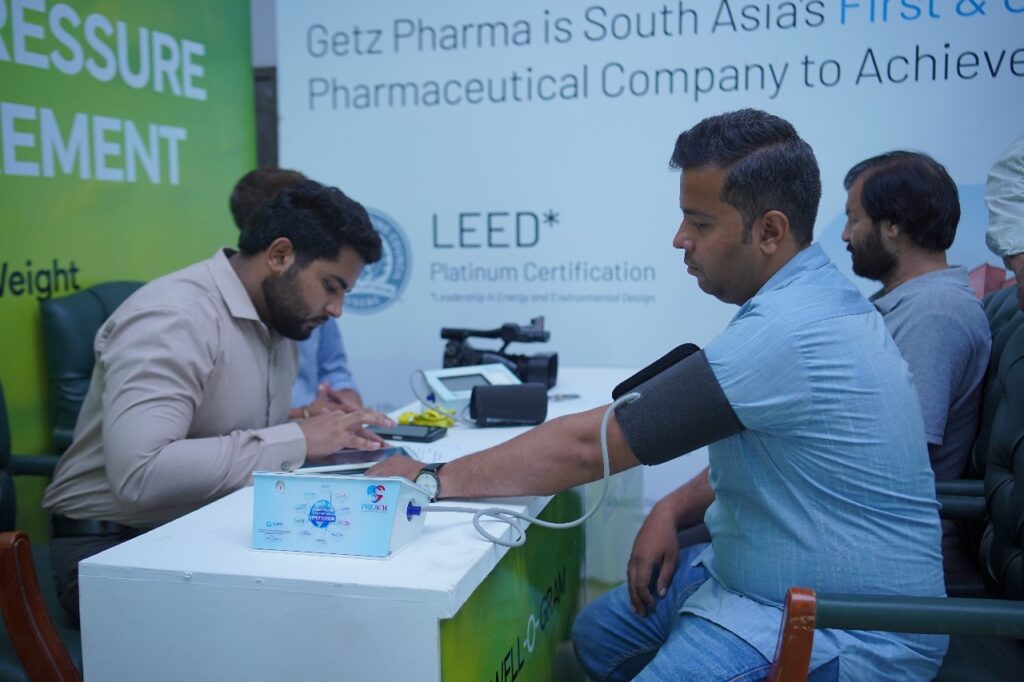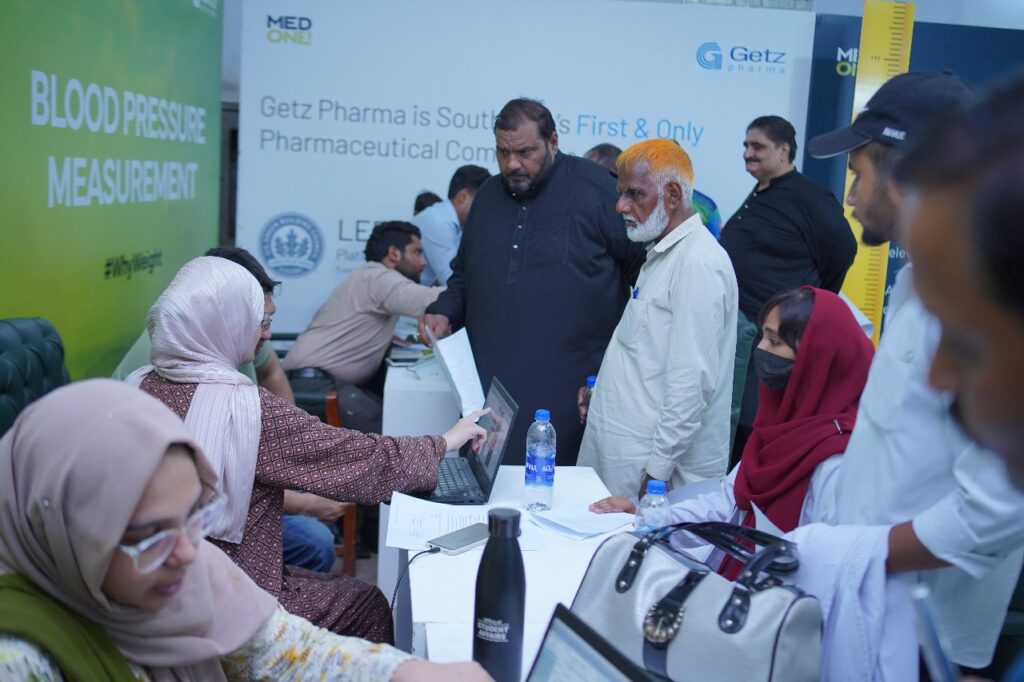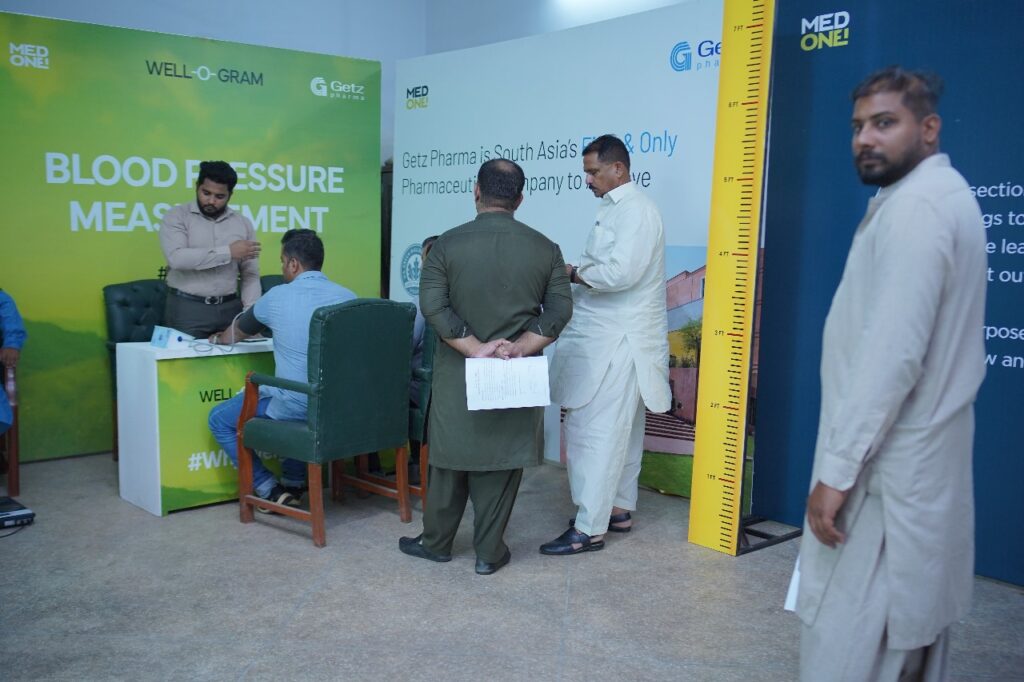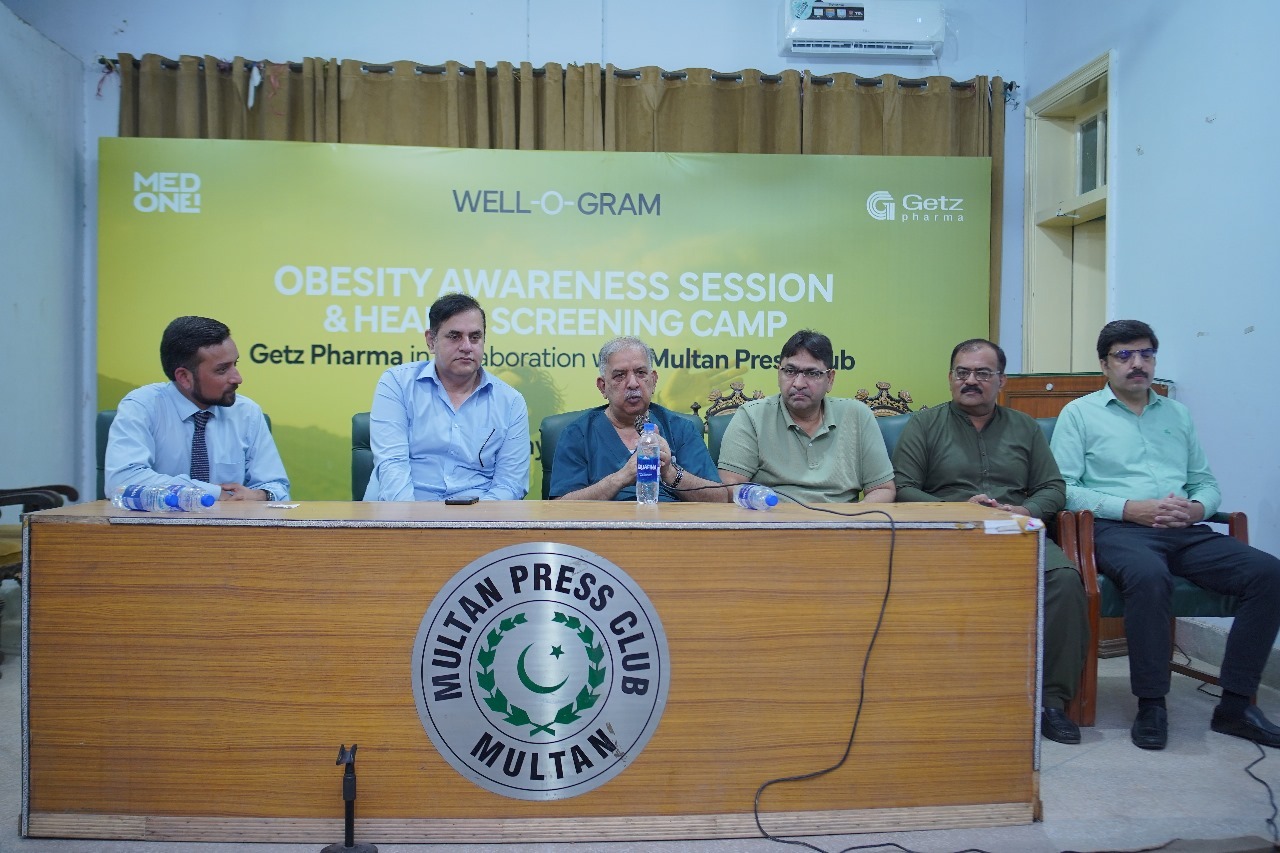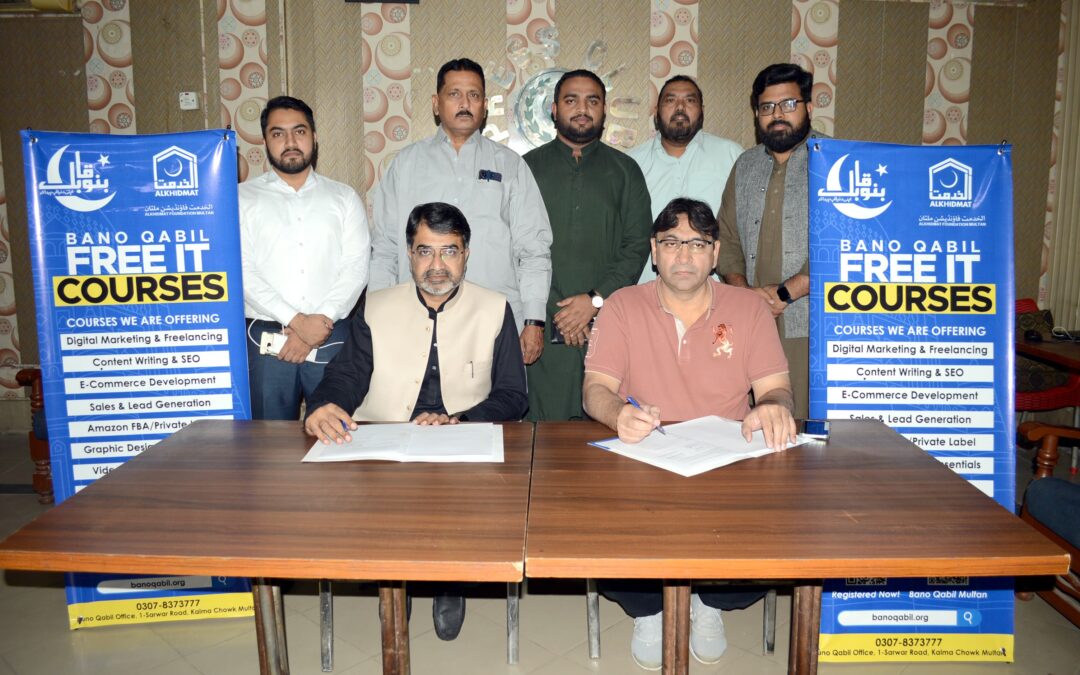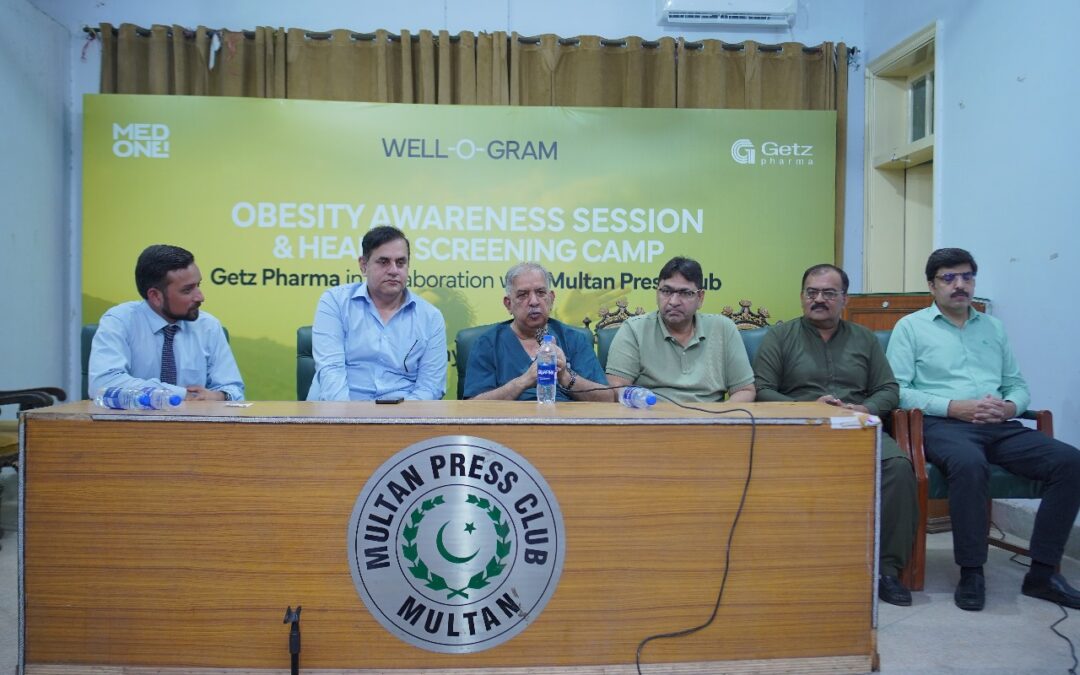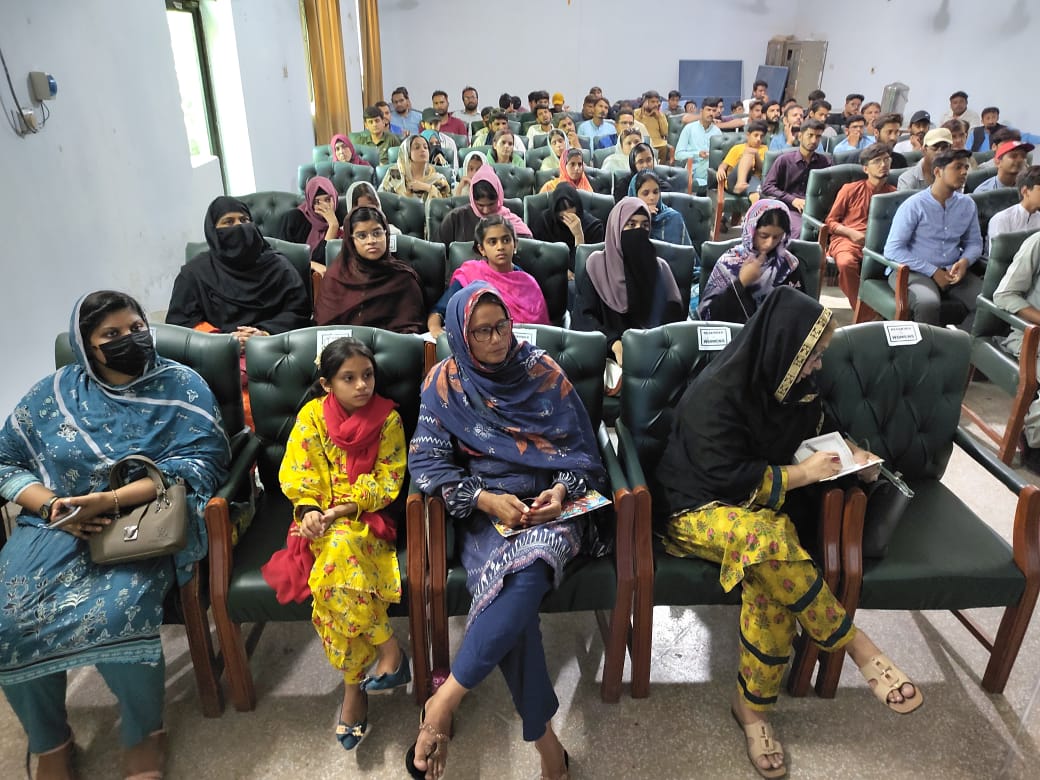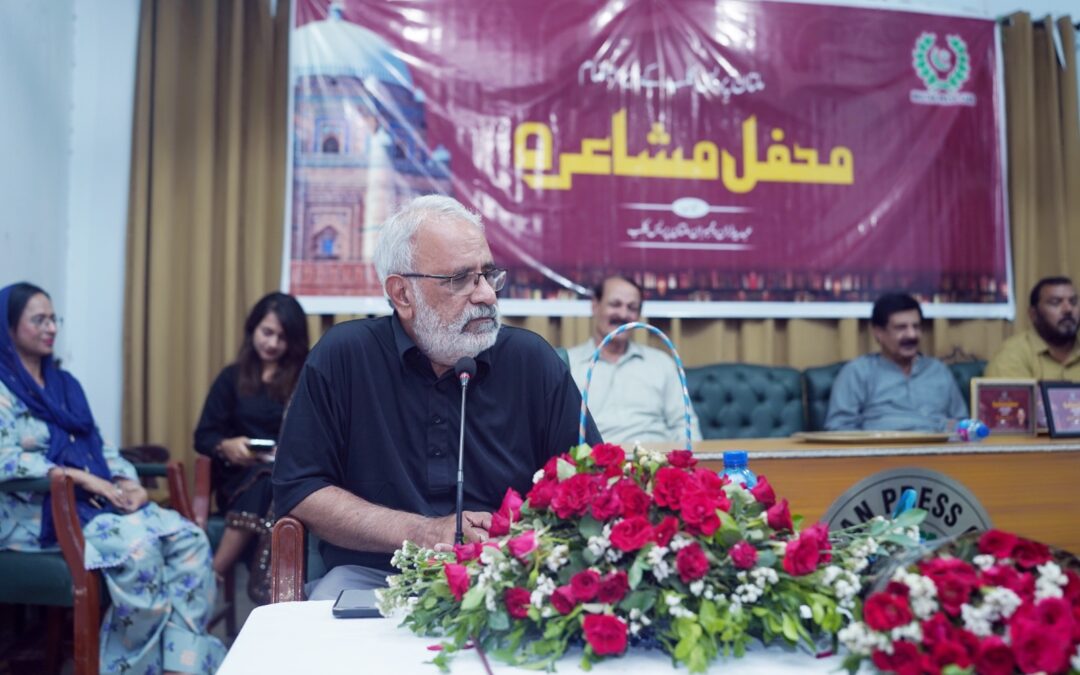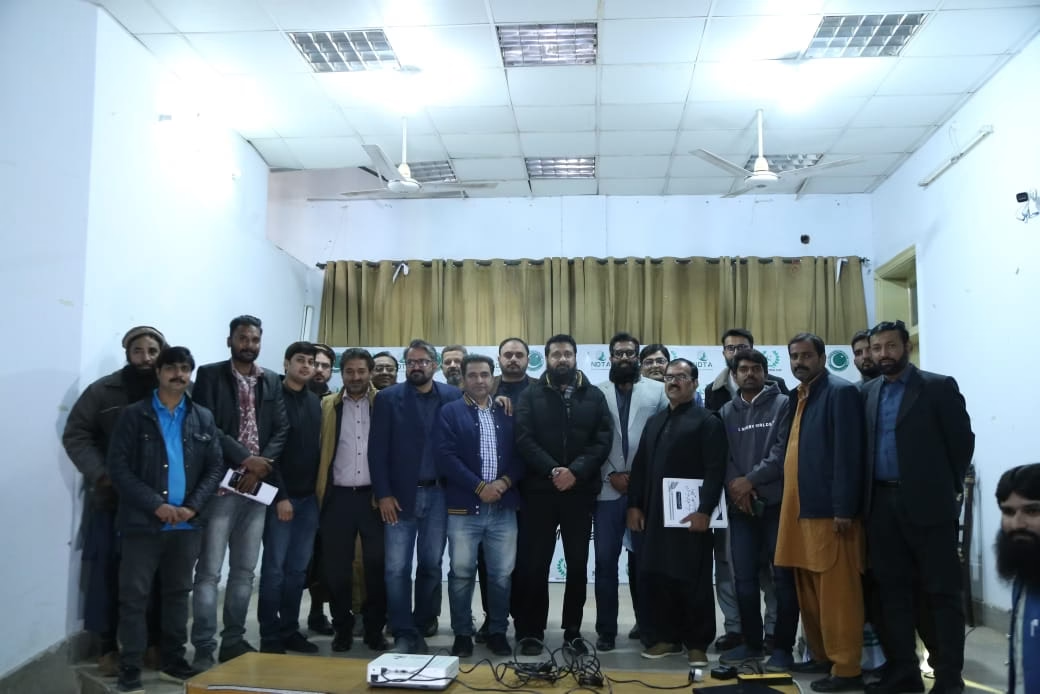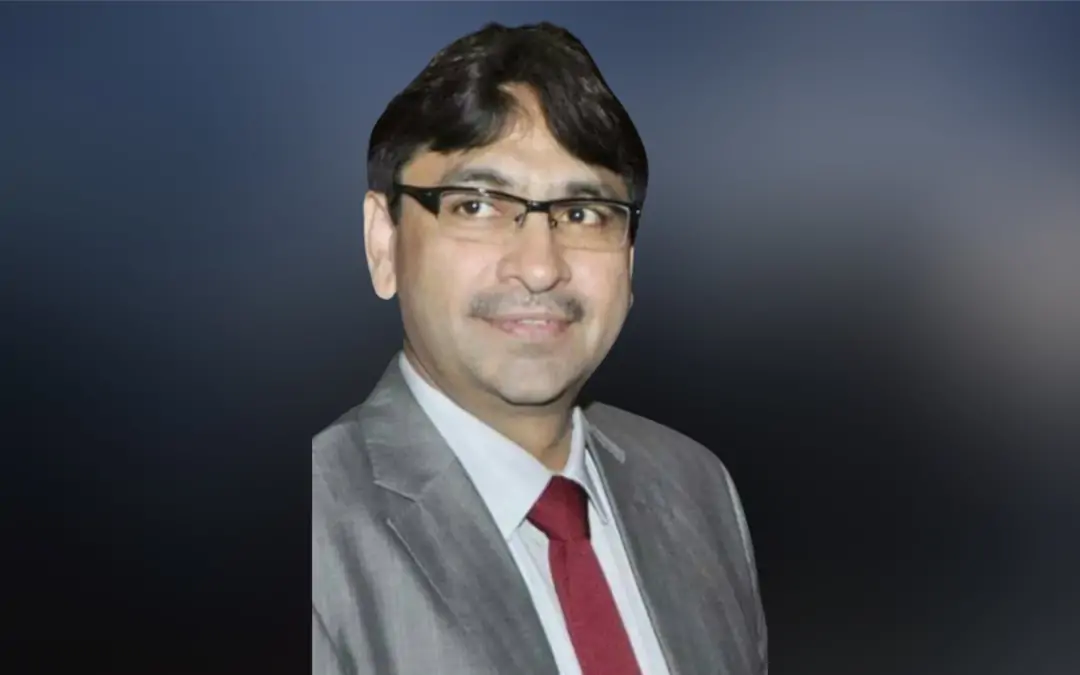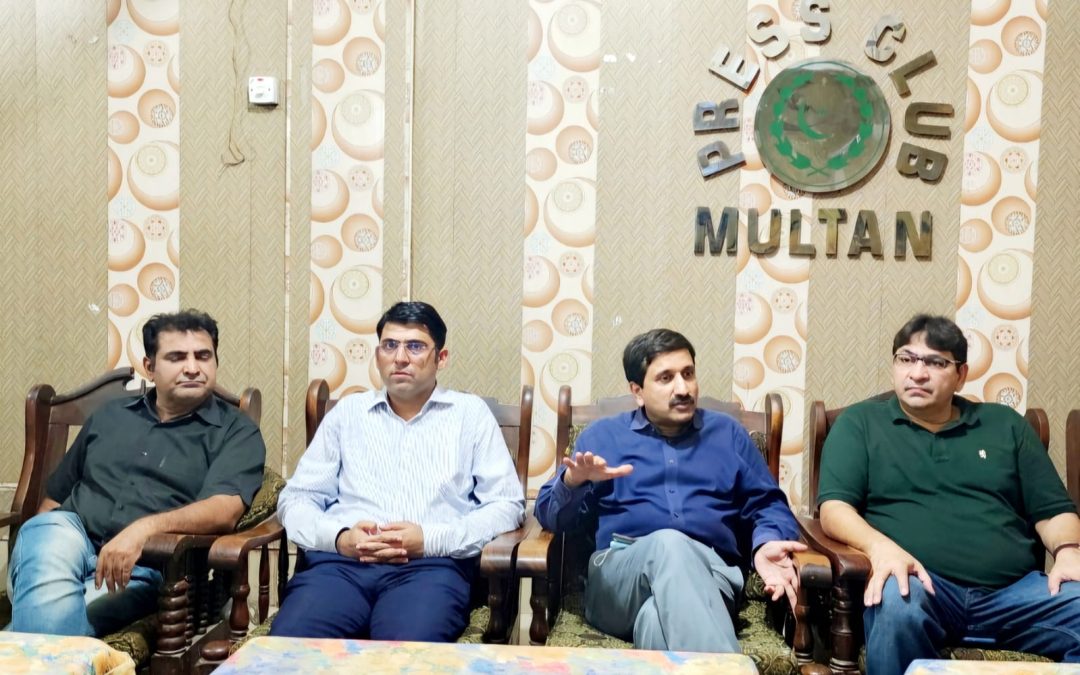More than a quarter of Pakistani children are now obese, while over 70 percent of journalists screened at a recent health camp were found to be overweight or obese, prompting medical experts to describe obesity as the “mother of all non-communicable diseases” and a growing national health emergency.
These concerns were raised during an Obesity Awareness Seminar organised by Getz Pharma at the Multan Press Club, as part of the company’s sustained efforts to tackle non-communicable diseases through early detection, public education, and community engagement.
The session was attended by leading physicians, endocrinologists, and public health professionals who discussed the rising obesity crisis across all age groups in Pakistan.
Prof. Muhammad Arshad, Consultant Physician and Gastroenterologist, revealed that 27 percent of children in Pakistan are obese — a figure that continues to climb due to increased screen time, sedentary routines, fast food intake, and lack of physical activity.
Dr. Faisal Masood Qureshi, Consultant Endocrinologist, underscored the severe health risks associated with childhood obesity, including diabetes, hypertension, kidney disease, infertility in women, mood disorders, and early mortality.
The speakers urged the government to introduce policy reforms promoting walking and cycling, revitalizing school playgrounds, incorporating footpaths and cycle tracks in urban design, and mandating clear calorie labelling on food products to enable informed dietary decisions.
Prof. Arshad also discussed the emotional toll of obesity, linking it to increased irritability and behavioral issues.
He cited the example of Prophet Muhammad (PBUH), whose simple, active lifestyle — walking regularly, climbing to Cave Hira, and consuming modest foods like barley flour (sattu) and dates — offers a timeless model for healthy living.
Experts called on parents to encourage breastfeeding, opt for natural childbirth over unnecessary C-sections, and ensure children engage in daily outdoor activities. They also advised adopting traditional diets, focusing on homegrown vegetables and whole grain flour, while avoiding sugary drinks, processed foods, and farmed broiler chicken.
Dr. Wajiha Javed, Associate Director of Public Health and Research at Getz Pharma, presented findings from the Pak-SEHAT study, which revealed that over 80% of Pakistani women and 70% of men are obese. Nearly half of the population suffers from hypertension, while one in three lives with diabetes.
She reaffirmed Getz Pharma’s commitment to patient-centered care, early screening, and public health education, emphasizing that their collaboration with the Multan Press Club is part of a broader mission to build healthier communities. “Through our awareness campaigns and outreach efforts, we aim to create sustainable behavioral change and connect individuals with the care they need,” she added.
A free health screening camp, conducted on-site for journalists and their families, painted a troubling picture: more than 70 percent were overweight or obese, while 25 percent showed signs of diabetes and high blood pressure. Participants were provided with individual screening reports and were guided toward appropriate medical follow-ups and lifestyle interventions based on their results.
Multan Press Club office bearers — President Shakeel Anjum, Senior Vice President Khalid Chaudhry, Vice President Shareef Joiya, and Farhan Maighani — expressed gratitude to Getz Pharma for organizing the seminar and appreciated the medical experts for sharing valuable insights.
On the occasion, experts urged people to have a sleep 6 to 8 hours a night, engage in at least one hour of physical activity daily, consume water equal to 60% of daily food intake, and cut down on sugar by reducing the use of sweetened tea and soft drinks.
